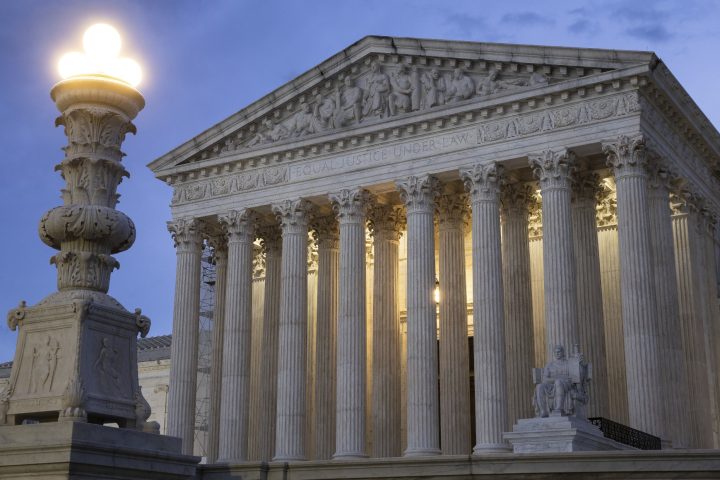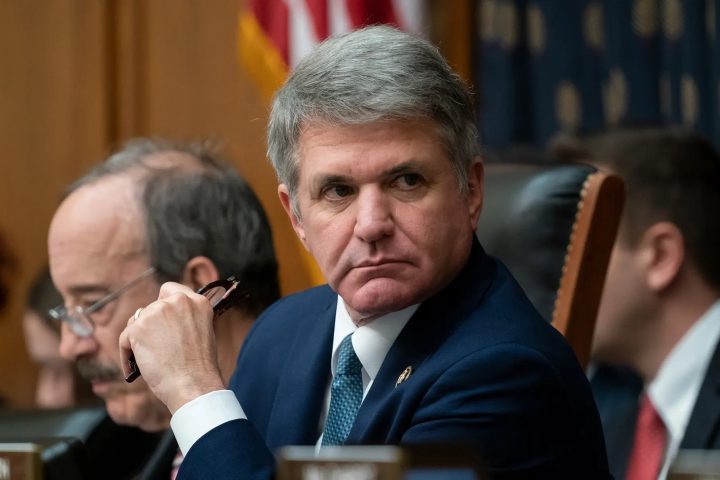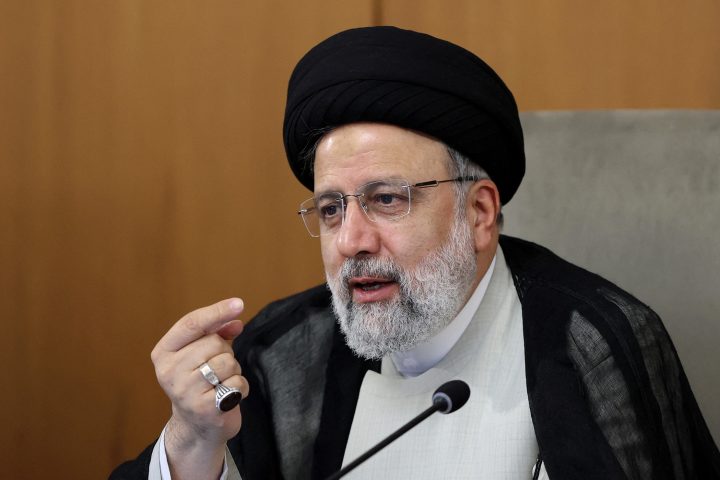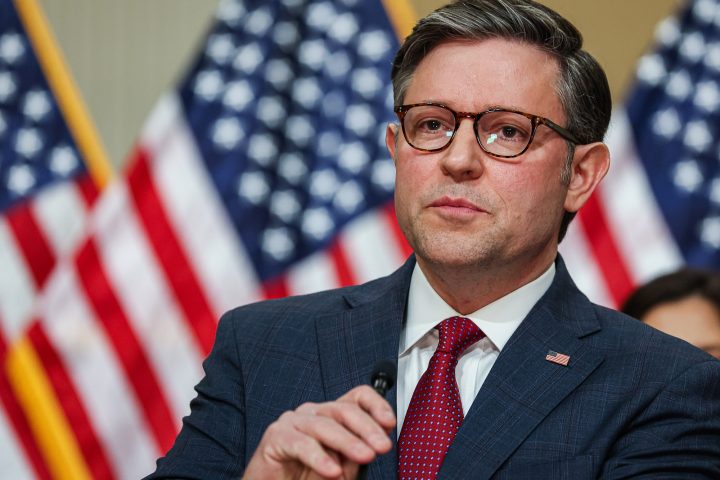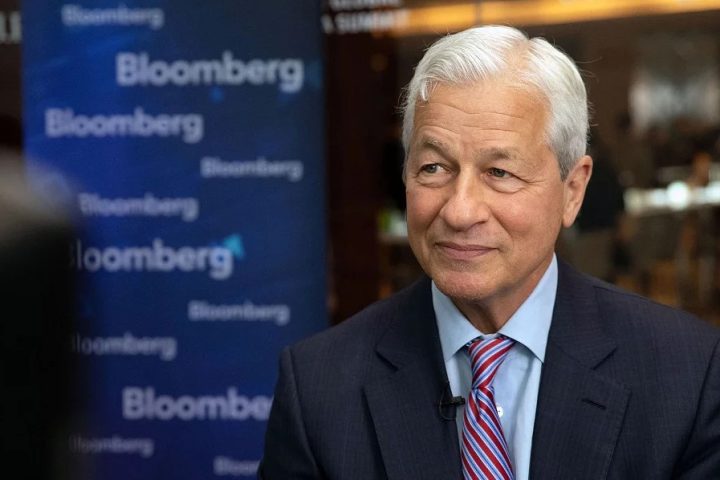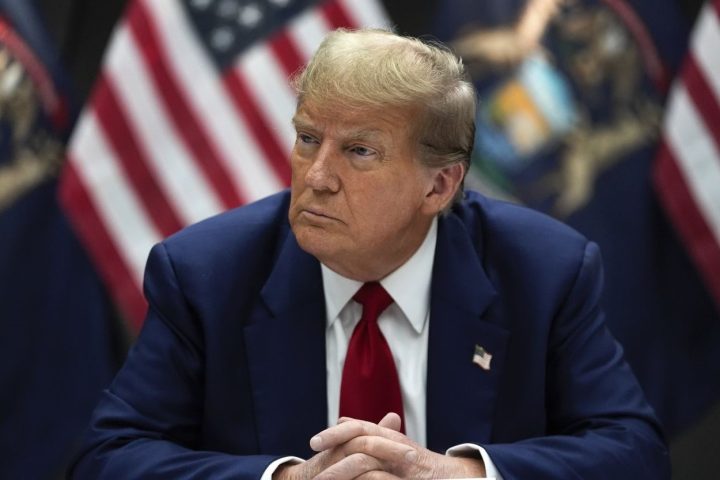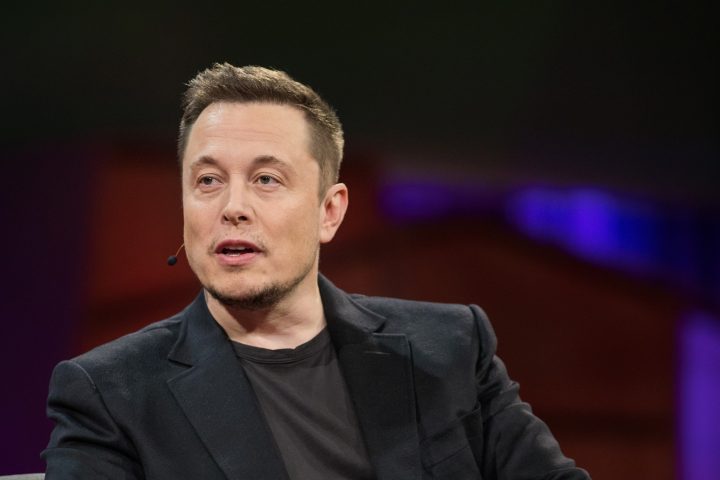Elon Musk’s persistent enthusiasm for self-driving technology, often touted as a cornerstone of Tesla’s innovation, has yet to fully materialize into autonomous vehicles traversing the streets. Despite ambitious claims, years have elapsed without witnessing cars capable of navigating independently.
In a characteristic move on a Friday afternoon, renowned for burying significant announcements, Musk took to X to declare Tesla’s plans to unveil its much-anticipated robo-taxi on August 8.
The announcement was brief, devoid of specifics, with Musk simply stating, “Tesla Robotaxi unveiled on 8/8.”
Musk has previously articulated Tesla’s ambition to develop vehicles devoid of human controls.
He has repeatedly emphasized the evolution of Tesla cars equipped with Full Self-Driving Capability, asserting that through ongoing software enhancements, they will progressively advance in autonomous capabilities.
Musk envisions these cars evolving into fully autonomous taxis, generating revenue for their owners by offering rides independently.
Despite the company surpassing some of Musk’s earlier predictions regarding self-driving timelines, Tesla’s progress has not been without setbacks. Five years ago, Tesla projected the commencement of robo-taxi operations by 2020.
Envisioning a lucrative scenario where autonomous vehicles would generate substantial profits for both the company and operators. However, Musk candidly acknowledges his propensity for delayed timelines.
Presently, Tesla offers Full Self-Driving capability as an optional add-on for new Model 3 purchases, priced at $12,000, or through a subscription model, costing up to $199 per month. However, Tesla’s online disclaimer clarifies that the current features necessitate active driver supervision, dispelling notions of full autonomy.
Musk remains steadfast in his belief that autonomous capabilities will significantly enhance Tesla’s vehicles’ value, foreseeing a future where such vehicles could be worth several times their current market value.
Contrary to Musk’s assertions, independent experts who have tested Tesla’s system report significant deficiencies in its autonomous functionality. Kelly Funkhouser from Consumer Reports, after evaluating the system, expressed greater concerns about Tesla’s regular Autopilot feature than the Full Self-Driving technology, primarily due to its underperformance.
Critics liken the system to entrusting control to an inexperienced driver, necessitating heightened driver alertness.
While Tesla pursues its autonomous ambitions, other industry players, including Waymo and GM’s Cruise, are also striving to develop autonomous ride-sharing services. However, these endeavors are not without challenges, as evidenced by Cruise’s recent testing pause following an accident and Waymo’s car recall due to safety concerns.


